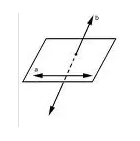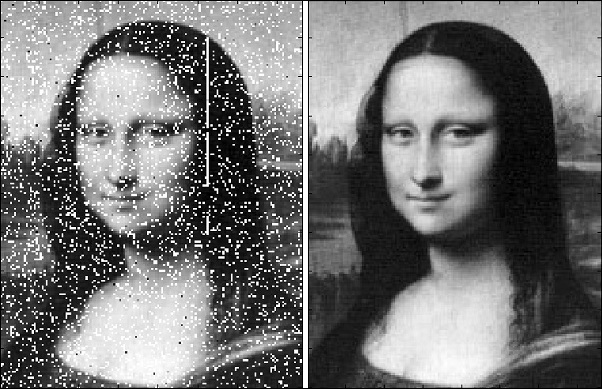Intriguing DoubleTweet variants & more
[ by Charles Cameron — also genetics, genetic algorithms and John Holland on the glass bead game ]
.
An abstract DoubleQuote:
Your Twitter outrage over [thing] is nice, but where is your outrage over [related thing]?
— J.M. Berger (@intelwire) July 31, 2015
Thi9s is like one of my DoubleQuotes boards, empty — the reader is incited to fill in the blanks. And —
A Skew DoubleQuote:
In Twitter, sometimes timing is everything. cc:@pmarca pic.twitter.com/svAX2uyavS
— Ivan the K ?™ ? (@IvanTheK) August 1, 2015
**
Parallelism is a pretty obvious form of linkage, opposition is almnost the same, yet also sharply distinct — and there’s the style of linage where two ideas could be be described as in oblique relation, intersecting, but not in direcxt opposition or parallelism. And then, then there’s the situation where wo ideas, two lines of thought, may pass quite close by one another, without intersecting- – ideas that pass in the night — in a manner that would be oblique if they were in the same plane, but they’re not – skew ideas?
I’m using the definition of skew that says “Skew lines lie on separate planes, they are not parallel, they do not intersect” — as illustrated here:
Poets love skew links between thoughts, for the leaps they embody:
Li Po drowning, drunk, into the moon reflected in the Yellow River. Crazy? Crazed. Amusing? Mused.
**
Bryan Alexander alerted me to the bead game matter. You may need to read the whole article, The Codes of Modern Life by Alex Riley to understand how Reed-Solomon codes allow for the nifty correction of errors in complex messages:
but what led Bryan to cc me in on the discussion was the passing mention that DNA-stored data could best be protected bu encasing the DNA encapsulated in “microscopic beads of glass” — cue the Glass Bead Game by Hermann Hesse:
**
While on the subject of genetics, it’s worth recalling once again that John Holland, the “father” of genetic algorithms, once told interviewer Janet Stites:
I’ve been working toward it all my life, this Das Glasperlenspiel. It was a very scholarly game, starting with an abacus, where people set up musical themes, then do variations on it, like a fugue. Then they’d expand it to where it could include other artistic forms, and eventually cultural symbols. It became a very sophisticated game for setting up themes, almost as a poet would, and building variations as a composer. It was a way of symbolizing music and of building broad insights into the world.
If I could get at all close to producing something like the glass bead game I can’t think of anything that would delight me more.





